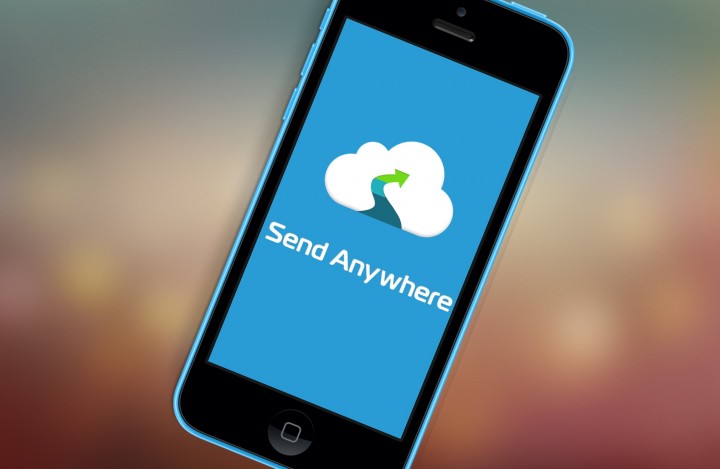This sponsored post is produced in association with appsasia.
Following the recent spate of high profile security hacks online, confidence in being able to safely share private or confidential files via computer or mobile device seems at an all-time low.
Regrettably enough, that’s not even the sole concern or frustration with file transfers today. In a recent study by the Ponemon Institute, 68% of IT professionals reported it is difficult or very difficult to share documents or files with outside business partners. Almost half believe their company lacks clear visibility of staff-use file-sharing or file sync-and-share applications and the research also showed employees are routinely violating IT policy to get things done faster, creating security risks. If paid experts are still vexed by these problems, how much worse must it be for the average user?
But South Korea-based company Estmob may have an answer. Its mobile and web application Send Anywhere offers a unique blend of features that could put file sharing worries to rest.
Send Anywhere takes file storage out of the equation, letting users send data peer-to-peer or through direct relay. By sharing resources directly without the use of an administrative system go-between, there’s nothing left stored on either a central server or remote cloud to be compromised.
No ID required: anonymity reigns
What’s more, no personal information is collected to identify the user. No email, Facebook credentials, or even name. The service is completely anonymous, allowing transfer using a six-digit or QR code that expires after ten minutes.
“We require no logon or signup,” says Estmob CSO Suhyuk Kang. “We cannot tell who you are, what you are sending, or even the size of the file. Whatever you send is under a secure veil of darkness.”
Send Anywhere is also platform agnostic, allowing users to easily transfer across multiple devices. “We have apps for iOS, Android, Windows Phone and PC, Mac, a web browser,” Kang notes, “and are in the final stages of development for a Linux version.”
A few opt-in exceptions do exist to these rules, says Kang, to meet user’s specific needs. If you must upload a file, Send Anywhere lets you store it for up to 24 hours. Similarly, by signing up for the recently-launched ‘My Devices’ feature, you can remotely manage any registered device. “Still avoiding the cloud,” Kang adds.
Impressive success to date
The response to the application to date appears rather staggering, both in terms of assessment and scope.
“We have nearly sixteen thousand reviews on the Google Play store with a 4.43 star average,” Kang says. “[And] over 1.5 million downloads spanning more than 120 countries. We currently have over 540,000 monthly unique devices with this number increasing by 17% a month.”
The company attributes Send Anywhere’s success to user’s ability to share date safely, quickly, and anonymously – which may all stem from the fact that it was originally designed to ease its creator’s frustration.
“Yoonsik Oh, the founder and CEO,” Kang explains, “worked as a software engineer at his former company ESTsoft for twelve years, testing many devices with the software he was working on.
“Every time he tried to transfer the updated files to each device, he thought that all possible solutions were stupid and annoying, so he came up with the idea of pairing two devices in a simple way to send files directly.”
In the end, Send Anywhere may prove that not only is necessity the father of invention, but exasperation inspires ease of use.
For more information, visit Send Anywhere’s website.
Sponsored posts are content that has been produced by a company that is either paying for the post or has a business relationship with VentureBeat, and they’re always clearly marked. The content of news stories produced by our editorial team is never influenced by advertisers or sponsors in any way. For more information, contact sales@venturebeat.com.

